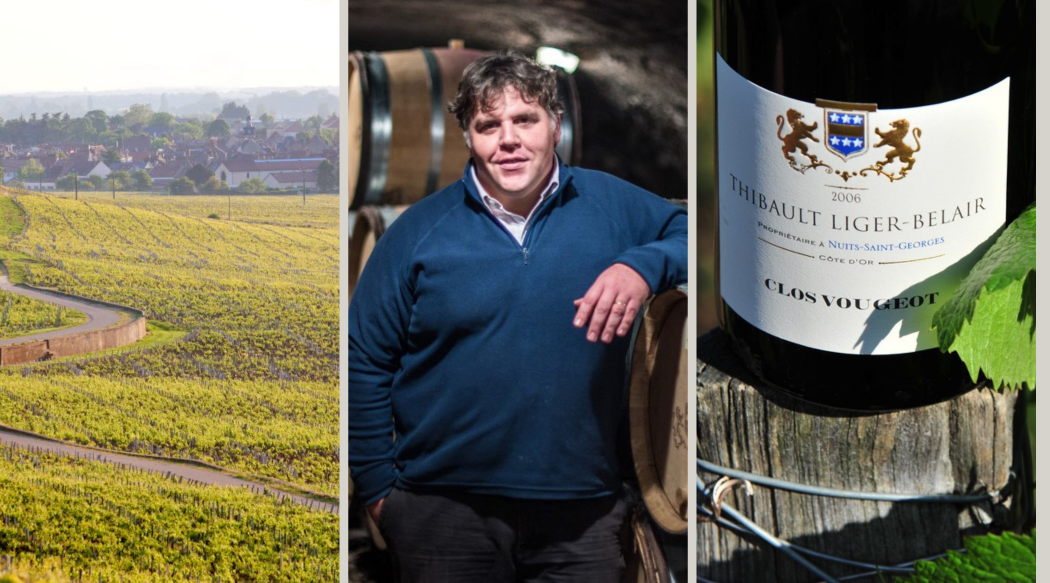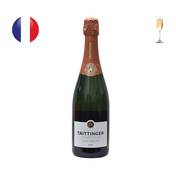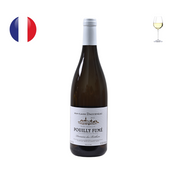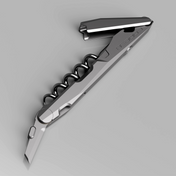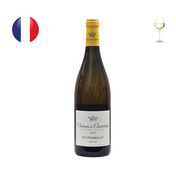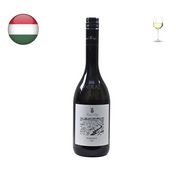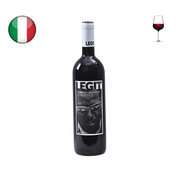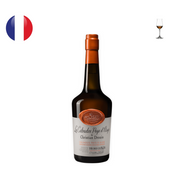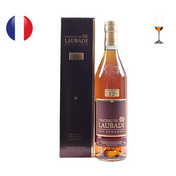Domaine Thibault Liger-Belair has a rich history dating back to the 18th century. This legacy began in 1720 when Claude Marey, an influential figure in Nuits-Saint-Georges, founded the trading house C.Marey, marking the Marey and Liger-Belair families' long-standing involvement in the wine business. Claude Marey was an squire, secretary to the king, and mayor of Nuits-Saint-Georges. His trading house was established to sell the great wines from the region.
In 1781, Claude Philibert Marey, Claude Marey's son, took over the management of the company. The business continued to thrive under his leadership. After his death in 1804, his younger son, Guillaume Félix Marey, assumed control. The company saw significant growth and in 1852, Guillaume Félix Marey partnered with his son-in-law, Comte Louis Liger-Belair, who owned Grands Crus vineyards in Vosne-Romanée. This partnership led to the formation of C.Marey & Comte Liger-Belair.
The business continued to flourish under the Liger-Belair family. After Guillaume Félix Marey's death in 1869, Comte Louis Liger-Belair took over. In 1878, Comte Louis Liger-Belair passed away, and his son, Comte Edgar Liger-Belair, became the sole manager of the house. In 1906, Comte Edgar Liger-Belair, along with his three sons, established the general partnership Liger-Belair et Fils Successeurs.
The early 20th century saw the continuation of the family's involvement in the wine business. Comte Edgar Liger-Belair passed away in 1915, and his son, Félix Liger-Belair, became the chairman of the board of directors. Félix's son, Xavier, served as the managing director. The company was listed on the Lyon Stock Exchange in 1923, highlighting its importance in the Burgundy wine trade.
In 1982, after the sale of the trading company, Xavier Liger-Belair passed away. His son, Vincent, supported by his mother, took over the family buildings and restructured the domaine. Vincent reorganized sharecropping agreements with three winegrowers, ensuring that one of his sons could eventually take over the domaine.
In 2001, Thibault Liger-Belair, Vincent's son, took over the exploitation of the vineyards. He established Domaine Thibault Liger-Belair, marking a new chapter in the family's long history in the wine business. Thibault's innovative and sustainable practices have since revitalized the family's historic vineyards, continuing the legacy of excellence established by his ancestors.
Thibault Liger-Belair
Thibault Liger-Belair grew up in Paris but spent weekends and holidays near the family vineyards, developing a deep connection to the land. He began his formal training in Beaune at the age of 16. In 2002, he started managing 9 hectares of vineyards, transitioning away from chemical treatments and adopting biodynamic practices by 2004. Thibault's commitment to sustainable viticulture has significantly improved the health and quality of his vineyards.
The Domaine
The domaine is located in Nuits-Saint-Georges and covers approximately 9 hectares of vineyards. The estate's portfolio includes prestigious appellations such as Richebourg , Clos de Vougeot, and he is the largest owner of the prestigious Les Saint-Georges. The vineyards are organically certified and farmed biodynamically, with horses used for plowing where possible. Grapes are hand-harvested and rigorously sorted before fermentation, which involves minimal intervention to preserve the natural character of the wine.
In 2017, Thibault built a new eco-sustainable winery on the outskirts of Nuits-Saint-Georges, allowing him to expand his business. The wines are aged in barrels with a specific oak regime, ensuring a balance between new and older barrels to enhance the wine's complexity.
Vinification
Thibault Liger-Belair's vineyards are managed with a focus on sustainability and biodiversity. The grapes are hand-harvested and sorted meticulously to ensure only the best fruit is used. Fermentation is carried out with minimal intervention, and the wines are aged on their lees in barrels for at least one year. Thibault's innovative approach includes selecting specific types of oak for each wine and experimenting with different levels of toasting to achieve the desired flavor profile.
Thibault Liger-Belair Successeurs
Founded in 2003, this project focuses on buying grapes from other vineyards and vinifying them under Thibault's supervision. This business allows Thibault to work with different terroirs and implement soil-friendly farming practices. The company purchases crops between June and July, ensuring control over the final stages of grape development and vinification.
Domaine des Pierres Roses
In 2008, Thibault acquired a domaine in the Beaujolais region, specifically in Moulin-à-Vent. This estate covers 11 hectares and is managed with the same biodynamic principles as his Burgundy vineyards. Thibault's approach in Beaujolais involves isolating different terroirs within the same appellation to understand and highlight their unique characteristics. The wines from Domaine des Pierres Roses are vinified in Moulin-à-Vent and aged in Nuits-Saint-Georges.

